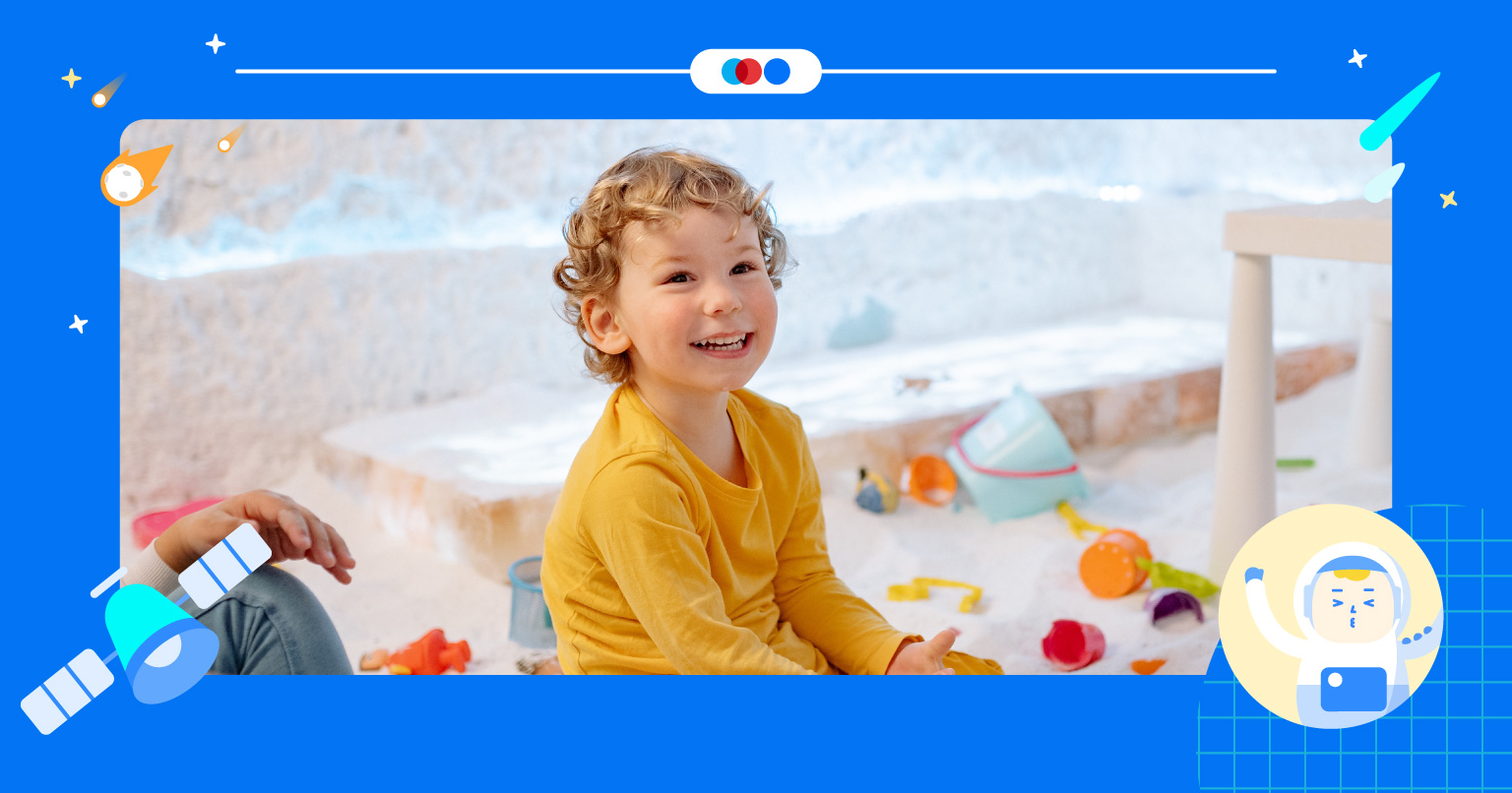Play is a vital component of a child’s development, and it plays a significant role in shaping their physical, cognitive, and social skills. It goes beyond mere entertainment; playtime serves as a platform for children to explore, learn, and grow. Here, we discuss the importance of play in a child’s development, emphasizing four key reasons why it should be prioritized.
1. Promotes Physical Development

Physical activity is crucial for children’s healthy growth. Through play, kids engage in various gross motor movements, helping them develop crucial skills such as balance, coordination, and strength. Activities like running, jumping, climbing, and playing sports contribute to the overall physical development of a child.
2. Enhances Cognitive Skills
Play greatly contributes to the cognitive development of children. It stimulates their imagination, promotes problem-solving skills, and enhances creativity. Whether it’s building blocks, puzzles, or role-playing games, these activities engage children’s minds and foster critical thinking from an early age.
3. Social and Emotional Growth

Participating in play activities facilitates social interactions and emotional development in children. It helps them learn essential social skills such as sharing, taking turns, and cooperating with others. Play also provides a platform for children to express their emotions, develop empathy, and understand different perspectives.
4. Encourages Learning

Play is an effective tool for educational purposes. It fosters a love for learning and provides opportunities for children to explore various subjects and concepts. From imaginative play to sensory activities, children acquire knowledge and develop a deeper understanding of the world around them through play-based learning.
In conclusion, play is an integral part of a child’s development, and it should be prioritized. Promoting physical development, enhancing cognitive skills, fostering social and emotional growth, and encouraging learning are just a few reasons why play is essential. As parents, caregivers, and educators, it’s crucial to support and encourage playtime activities that facilitate holistic growth in children.


